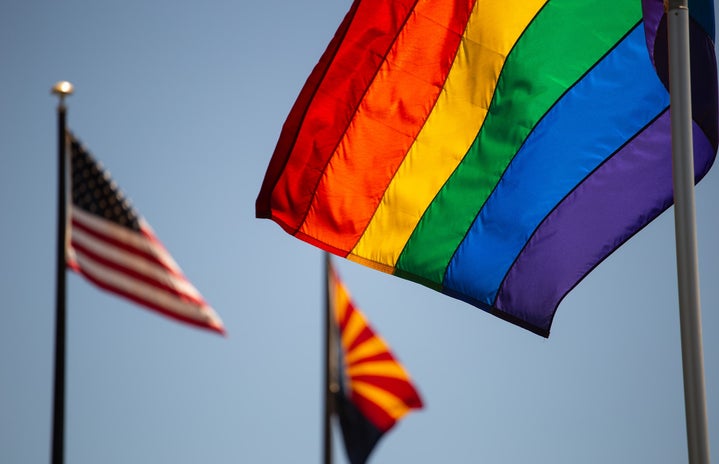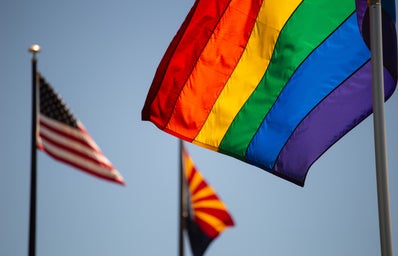“Queer Liberation, Not Rainbow Capitalism” is a very visible, quoted and widespread slogan that is increasingly becoming popular. However, it does provoke a lot of questions as to what it actually means and how practising this in reality affects the queer community. So, what exactly is rainbow capitalism and how can we advocate for queer liberation through available and accessible platforms? While attempting to answer these questions, it is also very important to amplify independent research institutions and pressure groups that are lobbying for increased representation within policy research spaces, targeted study groups and decision making entities.
While there is rising awareness against the targeted systemic discrimination that queer people face across the world, there is still a disparity in access to self help spaces for the community members to navigate their place in a largely heteronormative world. This can be seen among individuals moving to Europe from Asian and African countries who are often misled — there is a wrong expectation that is set for them because of how romantic consumerism portrays European metropolitan spaces like London, Amsterdam, Paris and Berlin to be a paradise for queer people. A few factors contributing to that include inclusivity surveys, zebra crossings that are made to look like the pride flag, registration forms that ask for our pronouns among other things. Does this do enough to address the safety issues and targeted crimes and hatred faced by the community in these cities? Statistics and crime records definitely beg to differ.
Considering this as the context setting, it is pretty clear that queer liberation is a question of transformative social justice that all of humanity needs to work towards enabling. While the utopian revolutionary end goal — which, to be very fair, is the bare minimum — is a complete dismantling of cis heteronormative patriarchy and a radical reimagination of social and communal organisations through the lens of gender abolition. The immediate reactionary, but necessary measure would be to ensure that policy spaces address this. There is a huge disparity in how the Global North views queerness, as opposed to the Global South, whose power structures still work in a very feudal fashion with reminisces of a colonial hangover that uphold the rigid gender divide that Global Abrahamic religions have created.
The Global South has been witnessing a recent trend where governments and judiciaries are decriminalising homosexuality and creating welfare schemes specifically targeting trans people. While this is a good first step, progressive reform can only be achieved through a complete overhaul of the system and the way institutions function. Comprehensive sex education is very important for kids to unlearn the patriarchy that is imposed upon them at home and also to prevent them from being socialised into becoming active contributors to these institutions. The governments should, of course, take more steps such as subsidising self defence classes for queer and trans youth in order to aid the community better. Furthermore, healthcare access should be expanded to the community with priority-based access being given to them. Authorities and mental health practitioners should also be given proper training to deal with violence against queer people in a sensitive manner.
The Global North, on the other hand, has the resources to actually transform the society into a queer paradise but is making a conscious choice against doing so. In fact, rainbow capitalism is more visible here when businesses try to appropriate queer struggles. Statistics also show how in countries like the United States, corporations that have had a rainbow logo during pride month have contributed PAC funds to conservative politicians that have sponsored and advocated for anti queer legislation. This essentially creates a system where people are buying their own oppression. Most of the queer ways of expressions are pathologised by psychiatry even today. Furthermore, drag shows are getting banned as a result of being considered a negative influence.
We need to incline ourselves towards a more glocalised approach as opposed to universalising queer struggle by recognising that different queer communities have different struggles. Through this, transformative social justice and its notions in praxis would help us reclaim power, fight the counter insurgency that rainbow capitalism is waging against diverse international proletariat and also enable queer people across the globe to unite.


